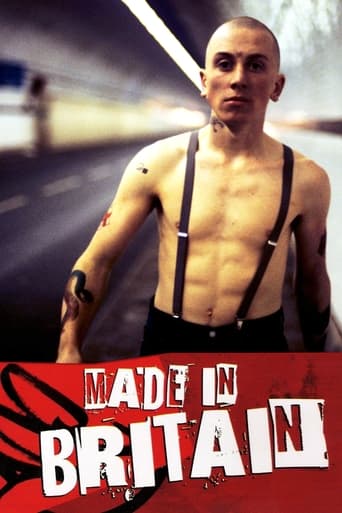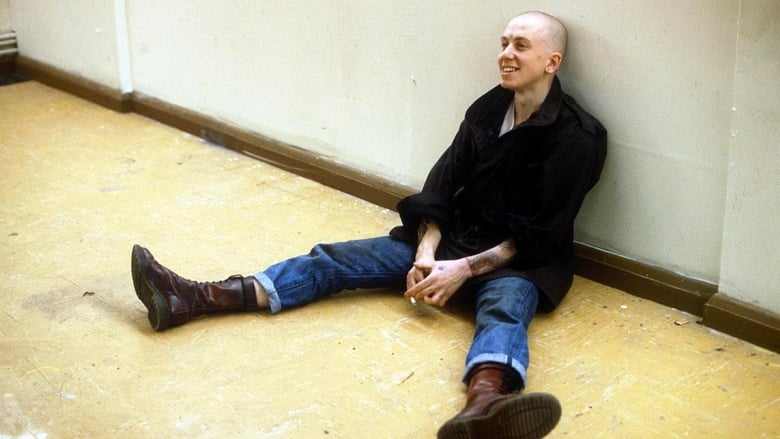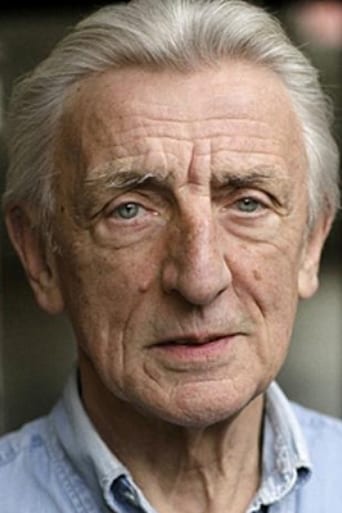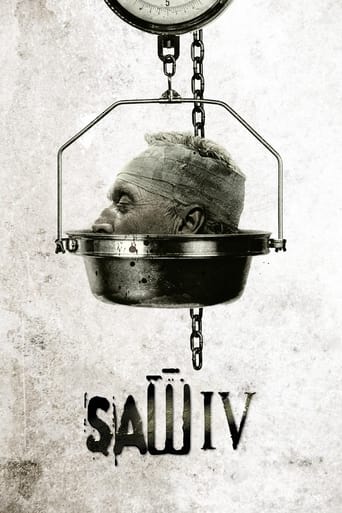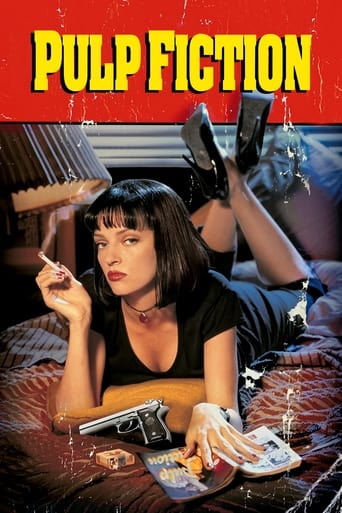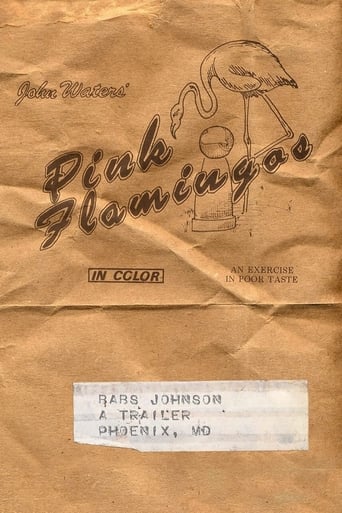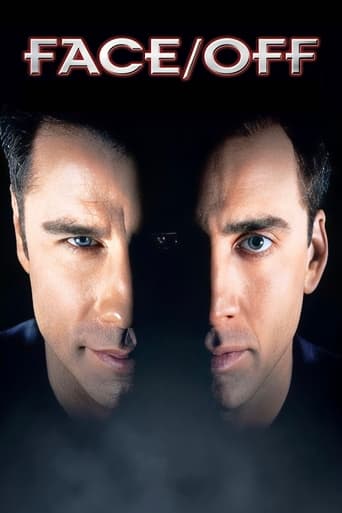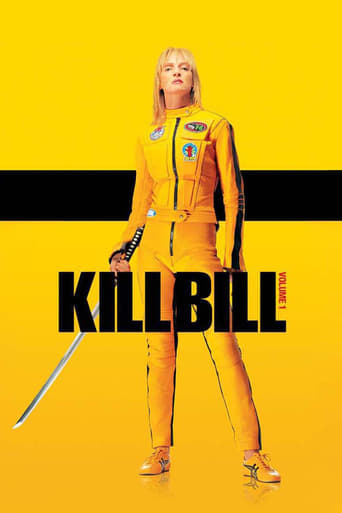Made in Britain (1982)
After being sent to a detention centre, a teenage skinhead clashes with the social workers who want to conform him to the status quo.
Watch Trailer
Cast


Similar titles
Reviews
The Worst Film Ever
Great Film overall
Like the great film, it's made with a great deal of visible affection both in front of and behind the camera.
It's the kind of movie you'll want to see a second time with someone who hasn't seen it yet, to remember what it was like to watch it for the first time.
"Made In Britain" follows Trevor, a 16 year old thug, thief, vandal, sociopath, over a three day period - but in this very short time frame his young life moves out of one phase and into another. Seemingly the consequences of his actions will have repercussions for the rest of his life and the phase he moves into is one destined to take him on a path to 'self destruction'.Set in London, 1982, the film was based on a case study of a youth. Trevor in the story is a skinhead with a nazi swastika tattooed on his forehead. He espouses racism and nationalist rhetoric, and commits racially aggravated attack on a Pakistani household - although whether he is an outright racist is debatable, as his only 'friend' in the film, Errol, is a black youth.The film begins with Trevor attending a court hearing, for an earlier attack on the Pakistani household. The motive for the crime appears to be racial. The court hearing adjourned, Trevor is taken by Harry, his social worker, to a Youth Assessment Hostel. Here Trevor will be assessed before returning to court for sentence and standing before the Magistrates charged with theft from a department store.Trevor has the appearance of an unrepentant thug and hooligan - and espouses the rhetoric of a far-right nationalist, full of aggression and venom. However, as it unfolds during the film's central piece (a very long sequence between Trevor and the social workers) Trevor transpires to be intelligent. He has argument and structure to his rhetoric, he has sharp wit and an observant grasp of society beyond his years. By the end of the sequence, whether Trevor is the 'nazi' we thought him to be, is questionable.Trevor, it would seem, is 'against authority' and namely against the British establishment - the system - although he prizes himself on his 'Britishness'. He is perhaps a kind of anarchic-patriot.The film is a masterfully crafted and acted piece of cinematic drama. It is earthy and in your face, has fantastic energy - in part owing to skillful use of stedicam - and like most, if not all of Alan Clark's films, does not use music or score. There is a fast aggressive punk song used to very good effect but only in the film's opening and closing titles."Made In Britain" is a tour de force, set among only several back street London locations, with a minimal amount of characters. The characters, though some only occupy one or two scenes, are interestingly multi-layered, such as PC Anson - the thuggish, possibly sadistic policeman who beats Trevor in a cell. Anson is perhaps Trevor's counterpart but who instead has opted to work for the state rather than to rebel against it.The acting is superb, first rate. The screen writing and direction are fantastic. Highly recommended.
Written by David Leland and directed by Alan Clarke, Made in Britain was originally broadcast on the BBC as part of a quartet of pieces dubbed Tales Out of School, all of which shared a focus on Britain's educational system. The films, all written by Leland, were a reaction to Margaret Thatchers political regime, and Made in Britain depicts the sort of character that was emerging from the increasingly violent and racist youth culture of the time.When we first meet Trevor (Tim Roth in his debut), he is being tried in court for throwing a brick through a Pakistani family's window and shoplifting. Defiant to the very end, the 20 year-old neo-Nazi with a swastika tattooed on his face is sent to an Assessment Centre while his fate is determined. There he shares a room with a black teenager with learning difficulties who he takes with him to the Job Centre where he throws a brick through a window and steals a car. Trevor is told by the superintendent that time and time again Trevor has ensured his life will result in an endless cycle of poverty, crime and prison, and this is his last chance to make a choice.Roth is a ferocious force of nature as Trevor. Alan Clarke's films always manage to turn its despicable lead into a charismatic, and almost sympathetic, human being. Normally, someone like Trevor would be an unbearable character to spend 70 minutes with, but Roth, Leland and Clarke make him into a fascinating embodiment of nihilism. The moment during his late-night rampage when he stares perplexed at a shop display of an idealistic family makes for a powerful social message. Everything is "bollocks" and everybody is a "wanker", but there's an empathy to be had with his complete disillusionment with the system. He doesn't even come across a particularly racist, it's almost like it's just another thing for him to hate. Surely one of the best TV movies ever, and a great achievement for the BBC during one of its most creative periods.
I can't add much more to the reviews already here. Tim Roth's performance is extraordinary, as are all those of the supporting cast. Perhaps a bit more could have been done with the Eric Richards character - the motivation for his tolerance are unclear. But I most want to say something about the 'similar' films recommended by IMDb. Love Actually, Gandhi, and Harry Potter?! Whoever thinks that if you like Made In Britain then you'll like those must be mentally retarded. Instead, check out 'Meantime', made at a similar time, with Roth as a lonely outcast and Gary Oldman as a skinhead almost as scary as Trevor in this. Also try 'Bloody Kids', directed by Stephen Frears, about alienated youth, but even younger than in this. Those 3 films together form an extraordinary portrait of youth in early 80s Britain.
I saw this film whilst studying in London, and though it isn't exactly pleasant, it does capture your imagination. Roth's performance is as brutal and realistic as everyone says, and the rough, hand-held style of the camera-work contributes to its documentary feel. I don't think I am alone when I say these things; however, I hesitate to talk about how this movie stacks up to other films about skinheads, particularly American HISTORY X. The fact that both movies include the nationality of the main characters says it all--as much as we might like to think that all skinheads are alike, insomuch as they are all equally stupid, Trevor wouldn't make sense in America and Derek Vinyard (Ed Norton's Chararter in AHX) wouldn't make sense in Britain. Each character is a unique product of their country's history, politics, racial attitudes, and ideas of self. Thus I don't think either character--or either movie--can really be evaluated in terms of the other. And while the lead performance is captivating, and might be worthwhile for Tim Roth fans (legend has it Tarantino was inspired to cast him in Reservoir Dogs after seeing this performance), I can see why this film has not been a big hit in the United States. As I said before, the issues discussed in the movie are specific to a particular moment in Britain's social history, and don't translate well. For example, the ending shows Trevor and his new black friend teaming up to assault a South-Asian merchant. This cross-racial animosity toward South-Asian immigrants is reflective of Britain' unique experience with multiculturalism, and wouldn't make much sense to Yanks, given our country's racial history and patterns of immigration. I would recommend this film for the lead performance, and perhaps for its potential to inform the viewer about certain aspects of Britain's multicultural history.

